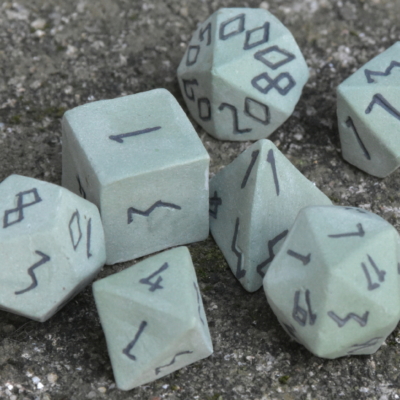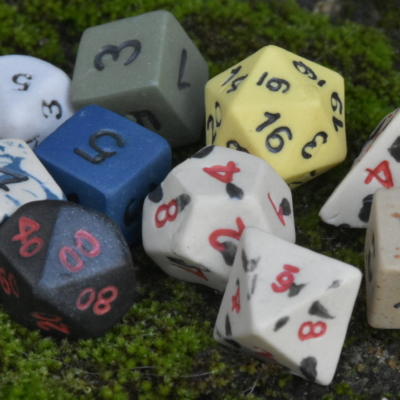Creating a Realistic Fantasy Economy for Your Orc Ranger in D&D 5E
Welcome adventurers! Today, we delve into the fascinating world of fantasy economies, specifically tailored for your Orc Ranger in Dungeons & Dragons (D&D) 5th Edition. Whether you are a beginner or an experienced Dungeon Master (DM), understanding and creating a realistic economy can enhance the immersion and enjoyment of your campaign.
Understanding Fantasy Economies
In any fantasy setting, the economy plays a crucial role. It dictates the availability of resources, affects character decisions, and shapes the world’s culture and politics. A well-crafted economy can make your game world feel alive and believable.
Basic Principles of Fantasy Economies
- Supply and Demand: The core principle that governs all economies. In a fantasy world, this could mean rare magical items are costly due to their scarcity.
- Trade Routes: Establishing trade routes between cities or kingdoms adds depth to your world. Consider how geography affects these routes.
- Currency: Develop a currency system that fits your world’s lore. This could range from gold coins to unique items like enchanted gemstones.
Advanced Tips for Creating Economies
For those looking to add more complexity to their campaigns, consider these advanced tips:
- Evolving Markets: Let markets change based on events within your game. A dragon attack might cause prices to soar due to scarcity.
- Cultural Influences: Different races and cultures might have unique economic systems. Orcs may value strength-based commodities over gold.
Incorporating Economics into Gameplay
Your players will appreciate an economy that directly influences their gameplay experience:
- Create quests around economic issues like resource shortages or trade disputes.
- Introduce NPC merchants with unique goods influenced by their local economy.
Creating a realistic economy for your Orc Ranger in Dungeons & Dragons (D&D) 5E can greatly enhance the overall gaming experience. When you focus on establishing a plausible economic structure, it can help shape the interactions, decisions, and the overall progression of your campaign. As a Dungeon Master, it’s important to understand that economies in fantasy settings are driven by factors like availability of resources, character decisions, and the sociopolitical environment of the world you’ve created. A well-structured economy can add depth and realism to your game world, making it more engaging and immersive for the players.
The basic principles that govern fantasy economies are similar to those in the real world. The law of supply and demand holds true, and in a fantasy setting, this could mean that rare magical items are more expensive due to their scarcity. Trade routes between cities or kingdoms can add an extra layer of complexity to your game world. The geography of your world can influence these routes and can lead to interesting plotlines and adventures. Additionally, developing a unique currency system in sync with your world’s lore can add to the authenticity of your game. This could range from traditional gold coins to unique items like enchanted gemstones or other rare commodities.
For those looking to add an extra layer of depth to their campaigns, consider evolving markets based on in-game events. For instance, a dragon attack could lead to scarcity and cause prices to increase. Different races and cultures could have unique economic systems; Orcs, for example, might value commodities associated with strength over traditional gold. Incorporating these economic aspects into your gameplay can lead to interesting quests centered around economic issues like resource shortages or trade disputes. Introducing NPC merchants with unique goods influenced by their local economy can also add an extra layer of depth to your campaign.
-
Runic Forgotten Forest Ceramic Dice Set
Select options This product has multiple variants. The options may be chosen on the product page -
Extended 10 Set Blind Bag of Ceramic Dice Set
Select options This product has multiple variants. The options may be chosen on the product page -
Runic Windcaller Ceramic Dice Set
Select options This product has multiple variants. The options may be chosen on the product page




